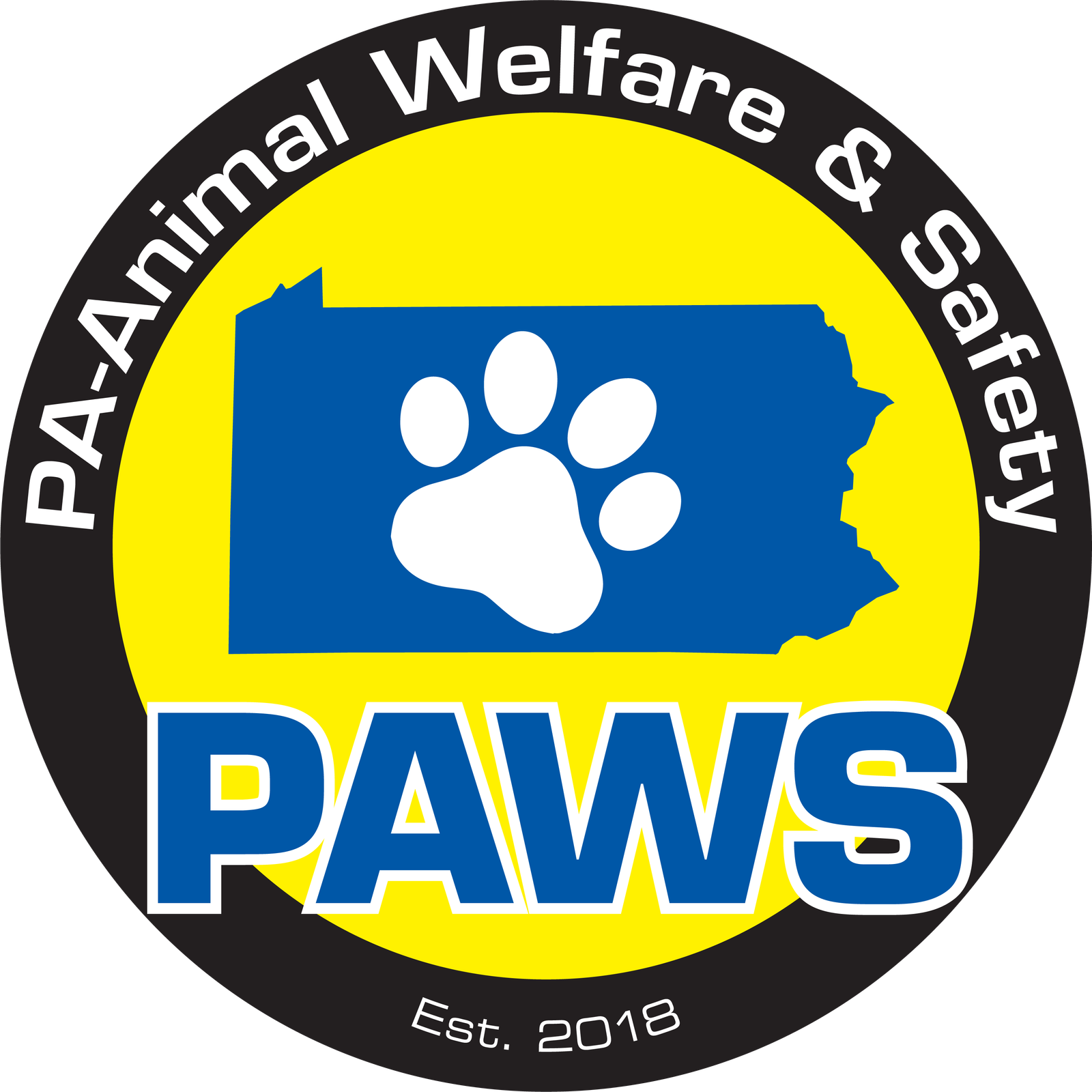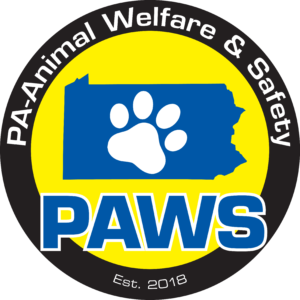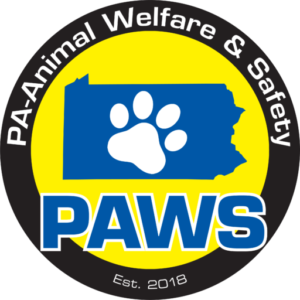Random visits by Dog Law are commonplace for PA licensed dog kennels but too often the smaller breeders do not adequately prepare for such visits resulting in citations that could easily have been avoided.
Licensing Pa Dog law requires every dog and puppy (12 weeks or older) in Pennsylvania to be licensed each year. Licenses are inexpensive and can easily be obtained locally through the county treasurer. The license should be attached to the dog’s collar, but it is equally important to save the paper (certificate) copy in your records. If you get investigated, they will ask for the paperwork. It also provides proof of ownership if your dog ever wanders away. If you cannot locate the certificate, contact your local county treasurer for a new copy. Lack of a license is one of the most common citations issued by dog wardens and police. The fine for unlicensed dogs can be up to $300 per violation plus court costs.
Rabies The rabies law requires every puppy to have a rabies vaccine between 12-16 weeks. The vaccination should be repeated one year afterward and then every three years after that. Rabies vaccinations must be given by a licensed veterinarian. Again, just a rabies tag hanging on the collar will not be sufficient. You need to keep your copies (with dates) from the vet as proof of vaccination. Tractor
Supply stores commonly have a mobile vet come in on certain days and you can walk in and have your dog vaccinated without an office fee.
The common citation cost for no rabies vaccinations or proof of rabies can result in a violation and a fine up to $300 per dog plus court costs. Vaccination costs vary but are generally in the $30 range. Your dog poses a public health risk if he is not vaccinated. Also, if a stranger is bitten by your dog, you will get investigated by the dog warden and fined if your dog is not vaccinated. You may also be required to pay the medical expenses for the victim as he/she goes through post-exposure rabies vaccinations.
Environment Make sure that your dog has protection from the elements in all times of the year. This could mean shade to protect him from the sun, and a dog box with a door for protection from the wind and cold in the winter. Bedding should be used to protect the dogs and help them maintain body temperature. Older dogs, puppies, and short-haired dogs in winter need a heat source. In the summer, dogs like bulldogs, boxers and pugs need cool spaces because they are sensitive to heat and can quickly go into heat exhaustion. Dog Law inspectors pay close attention to this.
Step back a little and review your dog’s habitat with the eyes of an inspector. Does that chewed water bucket and ragged doghouse with no door look appealing to you? What about the manure piled underneath? Or the chain attached to the collar around his neck?
Ultimately, it’s your choice. You can choose to spend a little money up front and protect yourself and your dogs or risk the chance of expensive consequences. If you receive a citation from Dog Law, it can also be found on the Internet and used against your reputation later. These citations may not seem like a big deal to you but if you ever want to expand your operation and need to get approval from your local township it can become an issue.
There have been many incidents from dogs being “rescued” from Plain homes and farms. Unfortunately, not all of these charges were false and that’s why dog breeders in general and Plain dog breeders in particular have been labeled as cruel and inhumane. We have inherited a ruined reputation but as we improve our practices and facilities, we can again prove ourselves trustworthy caregivers to our
four legged friends. To do this we need a community of dog breeders who are passionate about healthy pets and are driven to improve the public perception, one puppy at a time.








